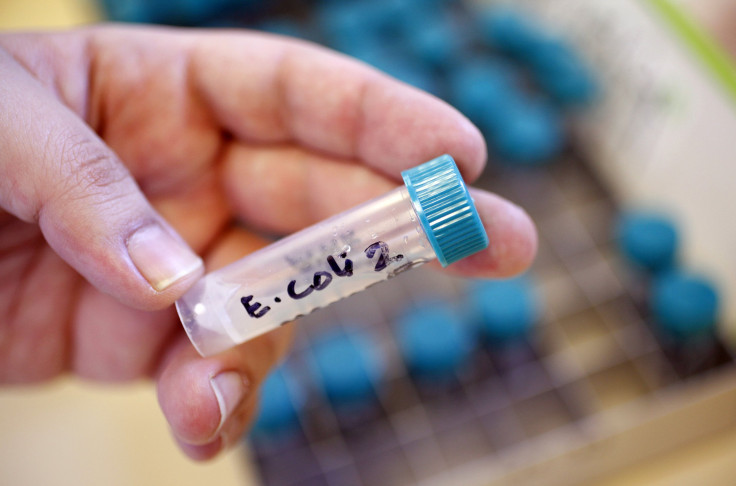Common antibiotics can alter gut bacteria, expose body to infections

A recent study conducted by researchers at the University of North Carolina has revealed that even a single course of common antibiotics can alter the gut bacteria and leave the person vulnerable to a number of infections.
A healthy microbial environment is required to control the growth of bacteria, called Clostridium difficile, which may lead to a number of infections. The microbes – present naturally in the intestines of the humans – modify the bile acids, which in turn suppress the growth of C. diff.
The new research indicates that some of the commonly used antibiotics alter or kill the naturally present gut microbe that are no longer able to modify the bile acids. As a result, harmful and life-threatening infections caused by C. diff are promoted.
During the study, the researchers looked at the intestinal composition of the mice before and after treating them with different antibiotics commonly available and used. In addition, the team identified a set of 26 different primary and secondary bile acids that impact the growth of C. diff and compared their concentration in mice before and after the antibiotic treatment.
To visualise how C. diff grows in a natural gut environment, the researchers added its spores to the contents of the intestine. To their surprise, the team found that the primary bile acids allowed the C. diff spores to germinate, despite the antibiotic treatment.
However, in the large intestine, the secondary bile acids stopped the spores from germinating. In the absence of bacteria and secondary bile acids, C. diff was able to grow quickly again.
"These findings are a first step in understanding how the gut microbiota regulates bile acids throughout the intestine," said researcher Casey Theriot in a press statement. "Hopefully, they will aid the development of future therapies for C. difficile infection and other metabolically relevant disorders such as obesity and diabetes."
Bile acids are known to help wth digestion and absorption of fats. Primary bile acids – which are produced in the liver – are converted to secondary bile acids by the gut bacteria. The researchers found that some of these secondary bile acids have an inhibitory effect of the growth of C. diff, reports News Medical.
Meanwhile, a recent research revealed that gut bacteria may put the person at an increased risk of diabetes and obesity.





















